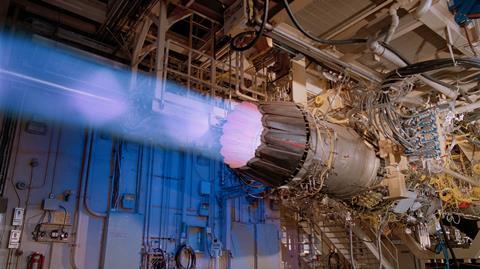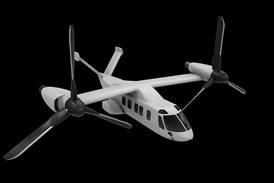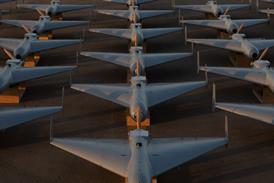Engine maker Pratt & Whitney is cognisant of potential bottlenecks in the production of certain minerals and sees diversified supply sources as a key strategy.
“As we advance different parts of our engine, we are always looking at the elements that we are utilising and do we have more than one area that we can receive or buy products from?” says Jill Albertelli, president of the company’s military engines business, speaking to reporters at the Paris air show.

Beijing has established a stranglehold over rare earth elements (REE) that are key in aerospace applications, with over 80% of the world’s REE refining capacity.
China also has vast sway over other important elements used in engines, such as titanium and tungsten.
In April, Beijing demonstrated its power over the supply of certain elements with the introduction of a stricter export regime. Although the curbs have been suspended as part of a broader trade truce with the USA, the episode highlighted China’s power over key elements.
“Is it a concern?” asks Albertelli. “It’s always a concern, like anything in the supply chain where you don’t really have want to have one single source.”
She adds that P&W is “actively taking a look” at how to do address this issue, including “whether we start it up as part of our portfolio… we do that continuously”.
Albertelli also touched on the company’s broader interest in the European market, where it supports powerplants such as the F100, which powers the Lockheed Martin F-16, and the F135 that powers the Lockheed F-35.
By the end of the decade, P&W estimates that there will be 600 F-35s in Europe, creating a significant support opportunity for the company.


























